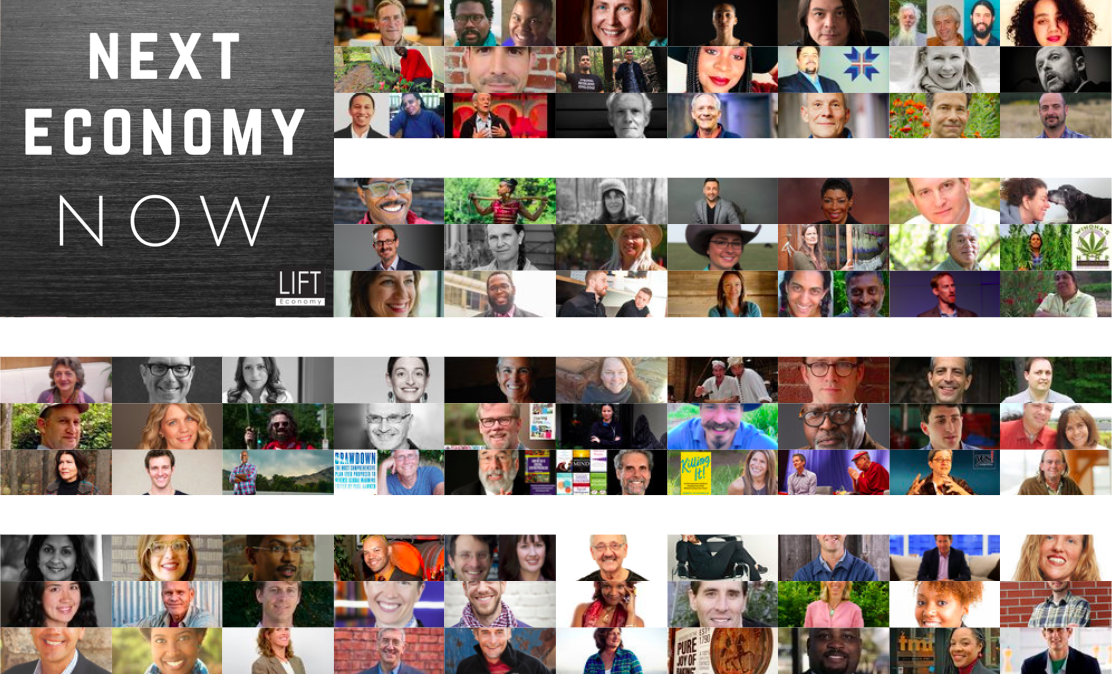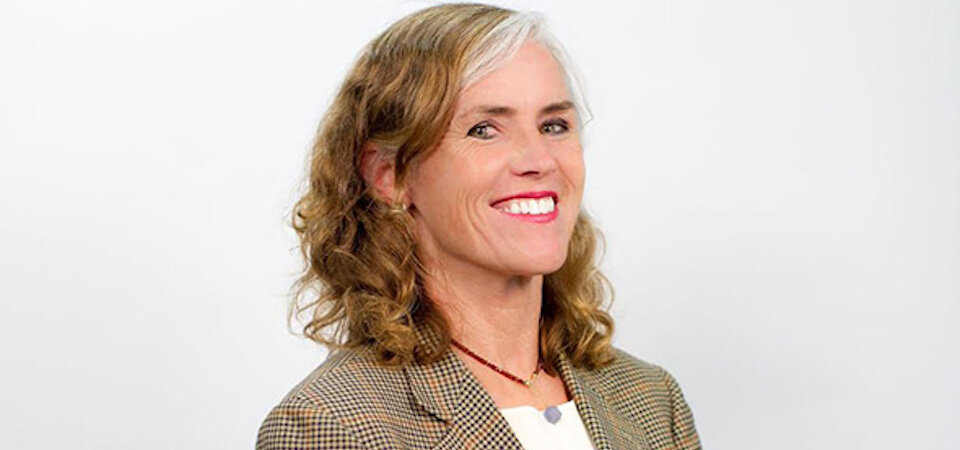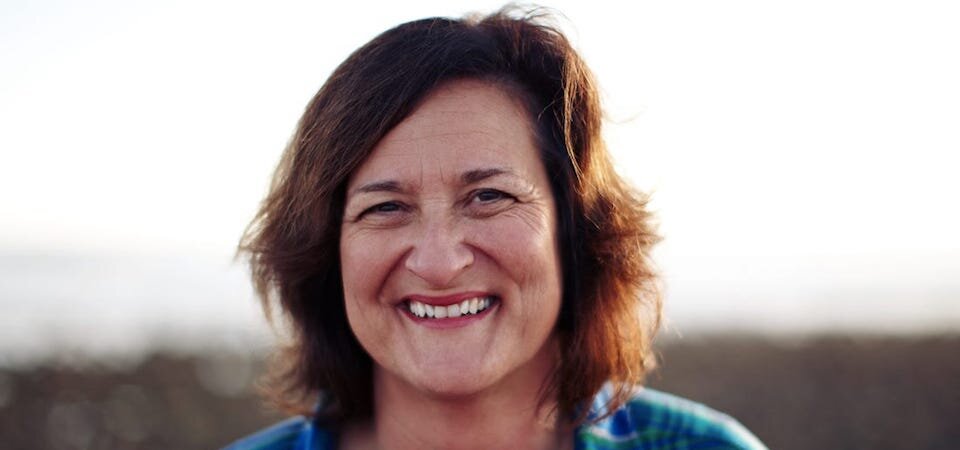"When you dig down into any social justice issue, more often than not, the causes have some root in environmental degradation." - Rick Ridgeway
In this episode of Next Economy Now, Ryan Honeyman, a Partner at LIFT Economy, interviews Rick Ridgeway, VP of Environmental Initiatives at Patagonia.
Rick Ridgeway is one of the originals at Patagonia. He was rock climbing buddies with Yvon Chouinard before Patagonia was founded in 1973.
In this episode, we discuss Rick’s background as a photographer and filmmaker, his time on Patagonia's board of directors, and why Rick got his first “real job” only 12 years ago. We also dive into Patagonia’s famous mission statement to “Build the best product, cause no unnecessary harm, and use business to inspire and implement solutions to the environmental crisis.”
As you’ll hear, Rick is especially interested in moving away from “causing no unnecessary harm” (or sustainability) to “doing good” (which is regenerative). Rick and I discuss how things like soil health, regenerative agriculture, rotational grazing, and clothing that benefits the climate are increasingly on Patagonia’s radar.
—-
Interview Highlights:
In this interview, Ryan and Rick discuss a number of topics, including:
Why Patagonia doesn’t mention solving social or community issues in its mission statement
What happened when Patagonia discovered forced labor in its Tier 2 and Tier 3 suppliers last year
Why the Sustainable Apparel Coalition is the largest trade association in apparel and footwear in the world
Whether he is optimistic or pessimistic about the future
Patagonia’s new initiatives in carbon sequestration
Why you should know Fred Kirschenmann (from the Aldo Leopold Center for Sustainable Agriculture), the Carbon Underground, and Kiss the Ground
And much more
---
LIFT Economy Newsletter
Join 7000+ subscribers and get our free 60 point business design checklist—plus monthly tips, advice, and resources to help you build the Next Economy: https://lifteconomy.com/newsletter
---
Next Economy MBA
This episode is brought to you by the Next Economy MBA.
What would a business education look like if it was completely redesigned for the benefit of all life? This is why the team at LIFT Economy created the Next Economy MBA (https://lifteconomy.com/mba).
The Next Economy MBA is a nine month online course for folks who want to learn key business fundamentals (e.g., vision, culture, strategy, and operations) from an equitable, inclusive, and regenerative perspective.
Join the growing network of 250+ alumni who have been exposed to new solutions, learned essential business skills, and joined a lifelong peer group that is catalyzing a global shift towards an economy that works for all life.
Learn more at https://lifteconomy.com/mba.
---
Show Notes + Other Links
For detailed show notes and interviews with past guests, please visit https://lifteconomy.com/podcast
If you enjoy the podcast, please consider leaving a short review on Apple Podcasts by visiting: https://bit.ly/nexteconomynow
Twitter: https://twitter.com/LIFTEconomy
Instagram: https://instagram.com/lifteconomy/
Facebook: https://facebook.com/LIFTEconomy/
YouTube: https://youtube.com/c/Lifteconomy
Music by Chris Zabriskie: https://chriszabriskie.com/






































